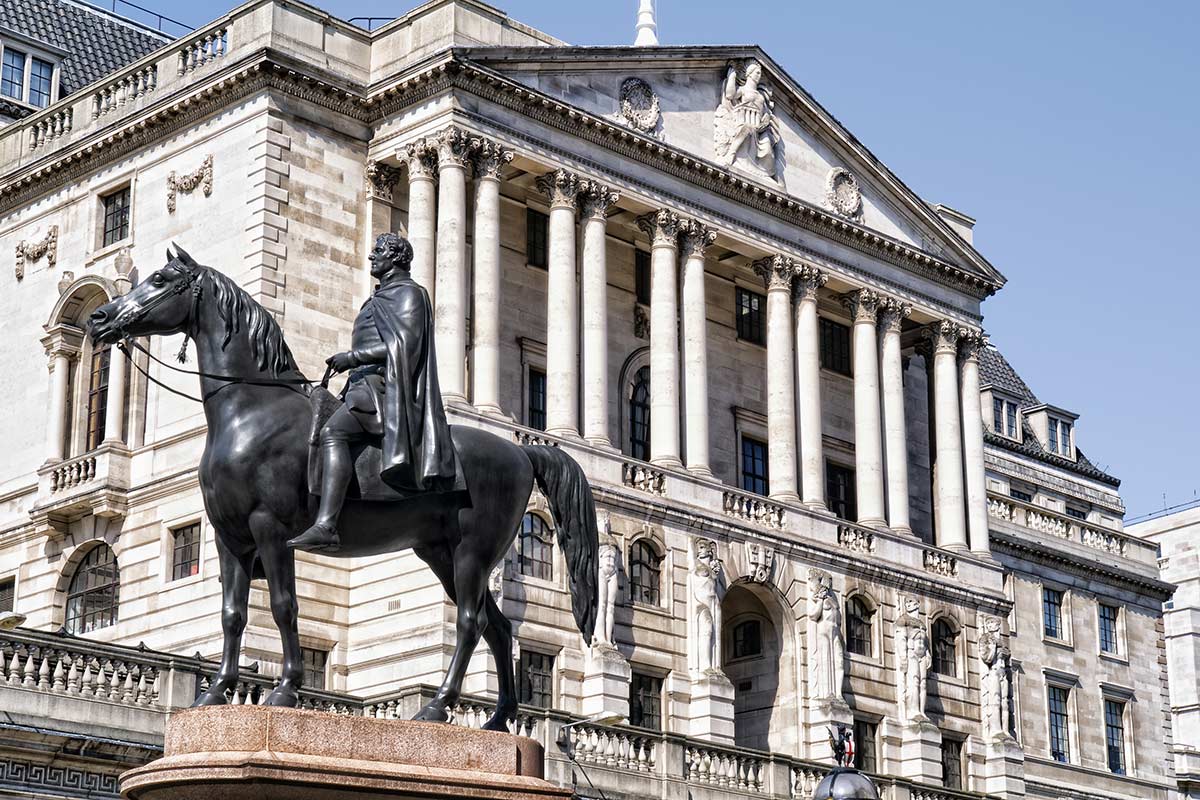Taxation affects fortunes in ways other than inflation and interest rates. Those receiving income or running businesses may have experienced increased tax bills.

Interest Rates and Inflation Around the World: Why the UK Stands Out
Because inflation in the UK is greater than in many other wealthy countries, interest rates may remain high for
some time.
So, how is the UK faring in other aspects of our economic well-being? When you factor together growth, jobs,
and taxes, you get a mixed picture.
Inflation
Despite all the talk of decreasing inflation, prices in the UK are still 7.9% higher than a year ago. That rate
is 5.5% in the EU and 3% in the US.
Last year's surge in energy and food expenses caused by the Ukraine war, combined with a post-pandemic labour
shortage, hit Britain the worst.
The UK imports a great deal of energy, much like the EU, but our inflation rates are taking longer to reflect
the impact of the decline in wholesale petrol costs.
It takes time for price changes to be reflected in the cap on residential bills in this area due to the later
introduction of energy support.
However, the so-called "core" inflation rate, which excludes the cost of food and energy, is still very close to
its 30-year high. That shows there is still significant spending on non-essentials and treats, with some people
using cash they had saved up during the pandemic or as a result of wage raises.
Interest Rates
When the Bank of England hikes interest rates, it is aiming to increase discretionary spending.
But we're not alone. Rates on new mortgage transactions in several other nations have risen dramatically in
the recent 18 months.
However, the effect varies. Fixed-rate mortgages in the United States and other parts of Europe typically last
25 or 30 years. Mortgage holders in various states can transfer arrangements with little penalty. The French
government also essentially caps rates, so a new 30-year mortgage arrangement may cost 3.5%. Mortgage rates in
America have approached 7%.
It's more useful to compare effective rates, which are the average of existing and new house loans. According
to the most recent public statistics, that's just under 3% in the UK, where the vast majority are on two or
five-year fixed terms (though this will climb as more loans are re-fixed). It is less than 2% in France and
Germany.
Although inflation in the UK has moderated, the Bank of England is still anticipated to hike interest rates at
least once more, and they may remain high for longer than in the EU or the US.
Growth
Chancellor Jeremy Hunt chooses to emphasise that the UK has grown more quickly than France, Japan, and Italy
since 2010 when discussing growth.
However, a lot of specialists contrast the state of economy before the epidemic. According to the quarterly
official numbers, the only G7 countries still having economies that were smaller than they were at the end of
2019 were Germany and the UK by the spring of this year.
Analysts hypothesise that factors may include British customers being less willing to increase spending
following the outbreak. Additionally, the impact of that shock on global trade was felt more slowly than in
other big nations. This may be due to faltering investment and changes in trading agreements brought on by
Brexit.
But in 2023, the UK has shown to be more resilient than some anticipated.
Although growth may have slowed, consumer spending has held up better thanks to stronger earnings and the
return of the pandemic savings. In reality, for the first several months of this year, the recession was
brought on by the Eurozone.
However, rising interest rates deliberately construct a slowdown that takes time to become visible. Some experts
are now worried that the UK may enter recession, bringing other countries with it.
But we still have work to do in terms of catching up.
Unemployment
Despite the effects of Covid and rising interest rates, our labour market has fared well. The unemployment rate
in the United Kingdom is 4%, which is lower than the EU average but higher than the 3.6% in the United
States.
But there's a lot more to it.
People must be available for work and actively looking for work to be classified as unemployed. Those that aren't
are considered inactive. The United Kingdom is one of the only wealthy countries where there are hundreds of
thousands more inactive people than before the epidemic, owing to an increase in the number of long-term
unwell. In terms of workforce participation rates (the proportion of people working or looking for employment),
the UK comes last among the G7 countries.
When you factor in Brexit constraints, you have shortages in some industries. On the other hand, it may
stimulate wage growth since workers will be able to achieve larger pay raises.
However, when interest rates rise, unemployment may rise as well.
Taxation
Taxation affects fortunes in ways other than inflation and interest rates. Those receiving income or running
businesses may have experienced increased tax bills.
By 2028, the share of our nation's GDP paid to the taxman is expected to reach a post-war high of 37.7%.
According to the most recent comparable data, our alleged tax burden was higher than that of the US but lower
than the average for the EU. For each Euro produced in the French economy, the taxman already takes 45 cents.
However, due to an ageing population and outstanding debts, the majority of countries will experience growing
pressure on their public finances.
While the past few years have generally been difficult, there are some areas where the UK may feel particularly
underserved.



